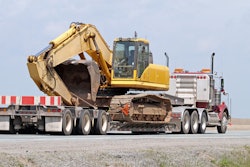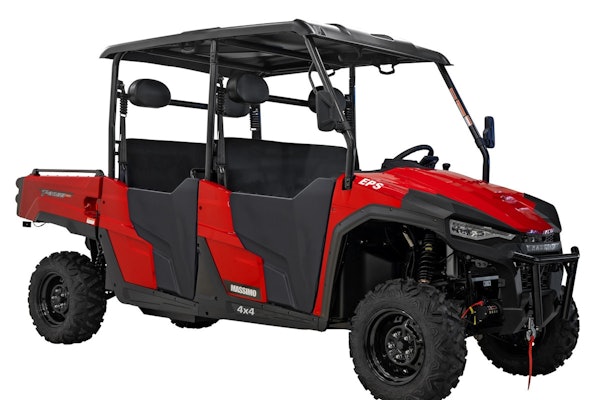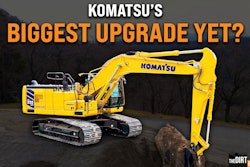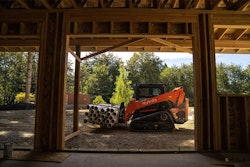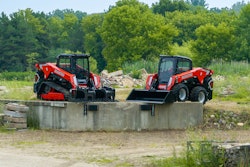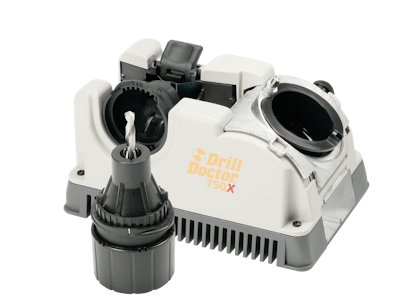
The Drill Doctor has been around for years, and while intrigued by the machine, I’ve often wondered if I could justify spending $140 to sharpen my drill bits.
As it turns out, there was a good case for it scattered all over my shop.
When the company offered to send their latest version, the Drill Doctor 750 for testing, I dug out all my old, dull drill bits and discovered at least three dozen, including all of my masonry bits, which I just assumed were disposable, given how quickly they dull.
All totaled, my bad bit collection’s replacement value might not equal $140. But the time and cost of running to the hardware store every time I burned out a drill bit—that does add up. Years ago I got a nice set of high-speed steel Dewalt twist bits in a metal case, but over time ruined out about a quarter of them. (Not to forget my teenage son, who wasn’t exactly gentle on them either.) So it was very satisfying to resharpen the dull ones and put them back into the case to complete that set again.
The process of sharpening bits with the Drill Doctor is simple. Inset the bit in a cone shaped chuck. Insert that into a port to adjusts the length of the bit sticking out from the front of the chuck. Tighten the bit in the chuck and then insert the chuck and bit in the other port. A small diamond grinding wheel inside the second port does the sharpening as you rotate the chuck. An ingenious cam-like ring around the circumference of the chuck raises and lowers the bit onto the wheel as you spin it. It took me about 10 to 20 turns of the cone to sharpen most of my bits, or two to three minutes each. When you don’t hear the wheel grinding metal, you’re done.
As for specs, the Drill Doctor 750 will sharpen all twist bits with diameters from 3/32- to ½-inch and bits up to ¾ inch with a large bit chuck accessory option. It will create a 118- or 135-degree standard point geometry for general purposes or with a small adjustment sharpen a self-centering split point for use in tempered steels, hard alloys or hard cast material. You can also grind custom angles from 118 degrees to 140 degrees. The 118 degree point is the most common angle and used for drilling soft material like wood and aluminum. The 135-degree point is preferred for drilling in hardened material like stainless steel. With a slight variation in the procedure you can sharpen the carbide edges of masonry bits as well—and those are fairly expensive bits.
The instruction booklet comes with lots of good information about drill bits and relief angles and an extensive troubleshooting section. I’d suggest you watch the company videos as well, to understand the process better. I learned quite a bit about drill bits just reading the booklet. The machine itself is a solid piece of work, very well built and comes with a cloth cover to keep it clean if you store it on an open shelf.
The grinding wheel does not put a polished finish on your drill bit tips. Look closely and you can see the grinding marks. But these don’t seem to affect the performance of the bit. After sharpening my once-dead twist bits cut clean holes in wood, aluminum and mild steel with minimal effort.
The cost difference between buying new bits and the Drill Doctor is probably a wash. What I would say is a dull bit is a huge nuisance, a drag on productivity and a potential safety hazard. Anybody who has every had a drill bit catch and snap your wrist around knows what I’m talking about. Dull bits can also overwork a drill or drill press and burn or damage the material you’re drilling. A dull bit also heats up faster and an overheated drill bit will expand ever so slightly in diameter—not much, but enough to perhaps oversize the hole by a few thousandths. For these reasons I think the Drill Doctor 750 would be a welcome addition to any shop.




